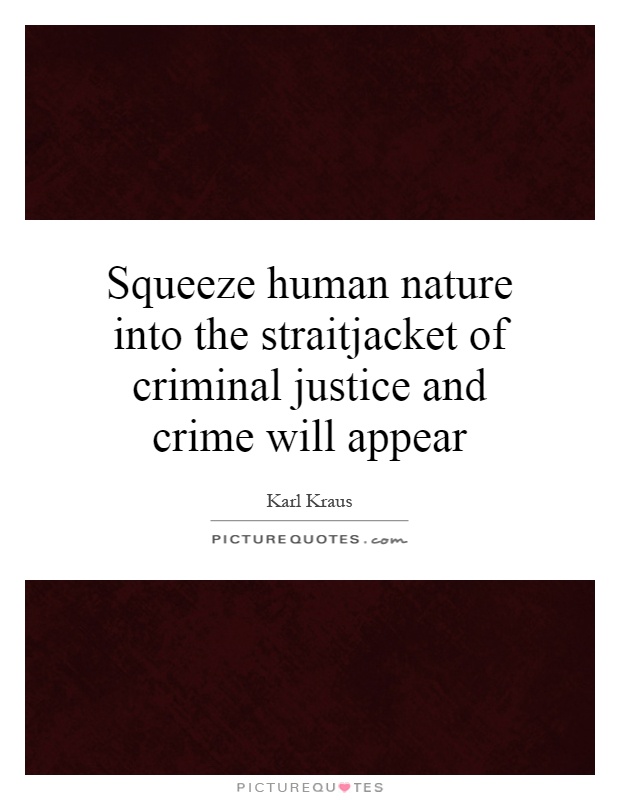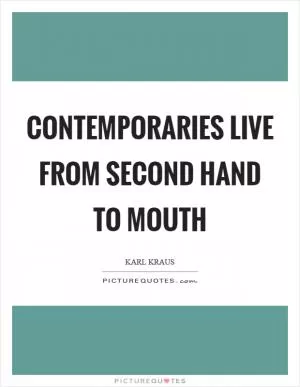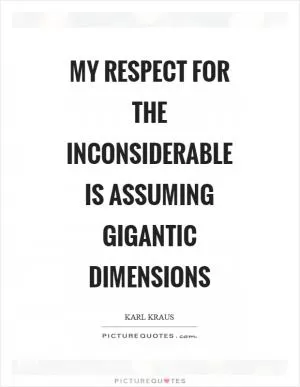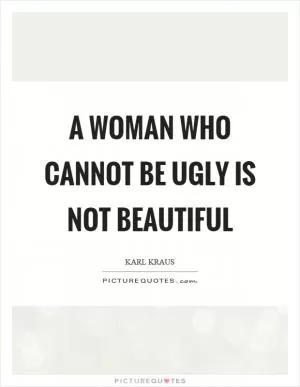Squeeze human nature into the straitjacket of criminal justice and crime will appear

Squeeze human nature into the straitjacket of criminal justice and crime will appear
Karl Kraus, an Austrian writer and satirist, was known for his sharp wit and critical commentary on society. One of his most famous quotes, "Squeeze human nature into the straitjacket of criminal justice and crime will appear," speaks to the inherent flaws in the criminal justice system and the way it often fails to address the root causes of crime.Kraus believed that crime is not simply a result of individual moral failings, but rather a symptom of larger societal issues. He argued that when we try to fit the complexities of human behavior into the rigid framework of the criminal justice system, we inevitably overlook the underlying social, economic, and psychological factors that contribute to criminal behavior.
In many ways, Kraus's quote reflects a broader critique of the punitive approach to crime that dominates many criminal justice systems around the world. Rather than addressing the underlying causes of crime, such as poverty, inequality, and lack of access to education and mental health services, the criminal justice system often focuses on punishment and deterrence.
This punitive approach can have unintended consequences, such as perpetuating cycles of poverty and violence, and further marginalizing already vulnerable populations. By failing to address the root causes of crime, the criminal justice system can actually exacerbate the very issues it is meant to address.
Kraus's quote also speaks to the limitations of a one-size-fits-all approach to justice. Human behavior is complex and multifaceted, and trying to fit it into a narrow definition of criminality can lead to injustice and inequality. By recognizing the diversity of human experience and the social factors that contribute to criminal behavior, we can begin to develop more effective and humane approaches to addressing crime.












 Friendship Quotes
Friendship Quotes Love Quotes
Love Quotes Life Quotes
Life Quotes Funny Quotes
Funny Quotes Motivational Quotes
Motivational Quotes Inspirational Quotes
Inspirational Quotes